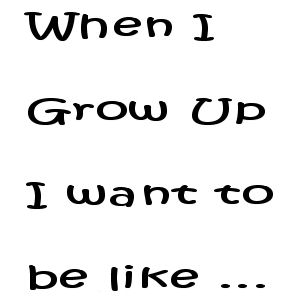In a day and age where checking your Facebook and Twitter has taken the place of the morning cup of coffee, social media is taking over with a vengeance. With new emergence of sites such as Pinterest and more established sites such as Youtube, users are finding very interesting and creative ways to use them to their advantage. One of those innovative ideas includes the use of social media for the purpose of professional development. The job market is not as wide open as it once was, which does not allow for people to just “jump ship” when things are not going their way. Most offices are filled with people in positions that they are not leaving, which is keeping most people stagnant in their profession. But does being “stuck” mean you have to become complacent?
Social media can be defined in many different ways, but for this purpose, it is defined as a “social” instrument of communication. Social media allows the opportunity to turn communication into an interactive dialogue, which involves a little give or take. Social media also gives users the opportunity to share information, which makes it more of a user generated community.
Now that we have established what social media is, let’s look at how some of these social media outlets and how they can be used for professional development:
Facebook: Join Facebook groups and connect with fan pages of that are connected with where you you are or would like to be in your career. Joining such will help in connecting with people within that profession to allow you to ask questions and learn more within that field.
Twitter: Connect with like-minded professionals and participate in chats related to your field. More and more companies are using twitter as a means to keep followers updated on conferences, seminars or other events that may be going on.
Blogging: Blogging can be used as an online reflection of what one has done professionally. With outlets such as WordPress, blogging can be used as a means to connect with professional blogs that can give more insight on professions you are currently or want to be involved with in the future.
The above are just a few ways one can use their social networking sites to develop themselves professionally. In addition to the above, there are several professional social networking sites out there, such as Linkedin and Yammer, which allow for professionals to connect, gain great information and get more insight into professional development.



